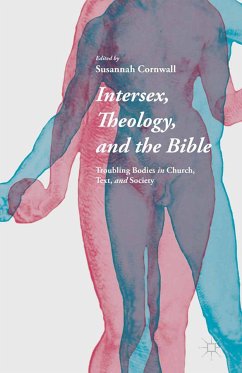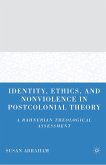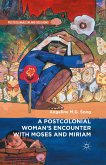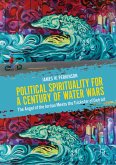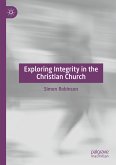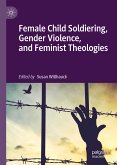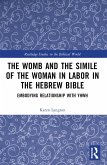Dieser Download kann aus rechtlichen Gründen nur mit Rechnungsadresse in A, B, BG, CY, CZ, D, DK, EW, E, FIN, F, GR, HR, H, IRL, I, LT, L, LR, M, NL, PL, P, R, S, SLO, SK ausgeliefert werden.
"Intersex, Theology, and the Bible: Troubling Bodies in Church, Text, and Society is a welcome collection of essays that gives insight into a neglected area in Christian discourse. ... This text presents abundant, thoughtful insights for those working in medicine, education, pastoral care, and sociology. ... fill a gap in Christianity's reflection on God's plan for our bodies, and is a significant step toward asking the initial questions in a vital conversation that is just warming up." (Erik Lenhart, The National Catholic Bioethics Quarterly, 2016)

